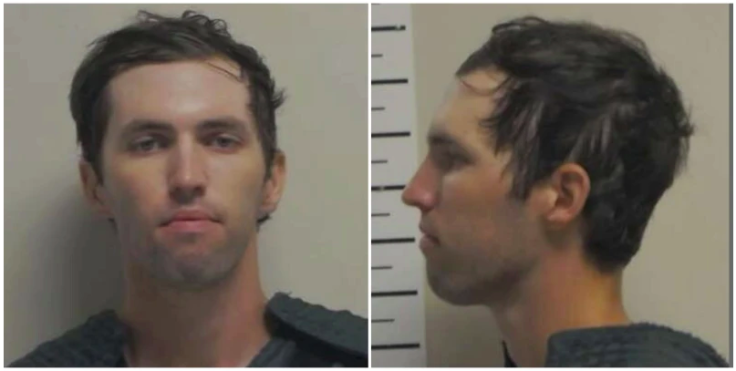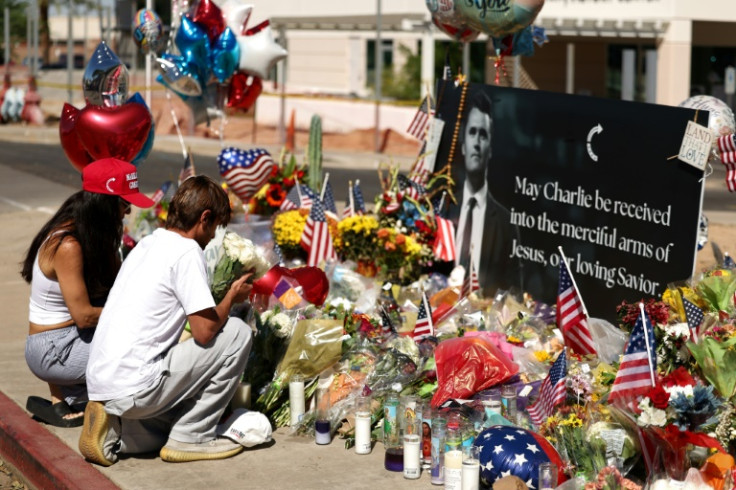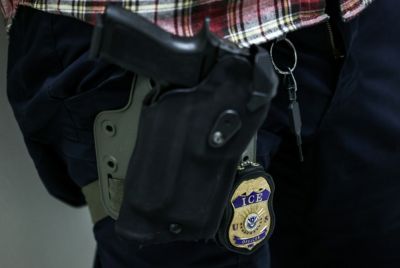Why Is Charlie Kirk's Accused Killer Under Suicide Watch? Tyler Robinson Locked Up 23 Hours Daily
Authorities say Robinson surrendered peacefully in Utah after manhunt

Since the fatal shooting of conservative activist Charlie Kirk, much of the public attention has focused on the accused shooter, Tyler Robinson, and the conditions under which he is being held. Robinson, 22, is currently in Utah County Jail under what authorities describe as 'special watch' status, confined to a high-security unit with restricted movement and elevated supervision.
Robinson was arrested after a roughly 33-hour manhunt. Authorities say a family friend alerted officials after Robinson had implied or confessed involvement, prompting a tip to law enforcement. He surrendered without incident in Washington County, Utah, joined by his parents and a retired detective.
At a press conference, Washington County Sheriff Nate Brooksby said Robinson's demeanor during surrender was 'quiet and sober', and that he was not restrained when he arrived. Family members have largely remained silent publicly, citing the active investigation and court proceedings.
Robinson Kept in Special Housing Unit
The Utah County Sheriff's Office confirmed that Robinson is being housed in the jail's Special Housing Unit (SHU). 'He will remain on a special watch status until cleared by mental health', the sheriff said.
The statement added that the status is used based on various factors — such as the severity of the charges, behavioral risk, or statements made during arrest. Authorities also stated they were unaware at that time of any specific suicidal comments made by Robinson.
The move to isolate Robinson is not unique to this case. In a Fox News interview, former Bureau of Prisons assistant director Judi Garrett defended the practice, explaining that it's not necessarily punitive but often precautionary.
She said, 'The concept of isolating an inmate, removing them from the general population, is either for their own protection or for the protection of others.' Garrett noted that when an inmate is under watch, nearly all services — meals, medical checks, legal visits — are brought to them, minimizing the need to open a cell door and escort them around.
Keeping Robinson Isolated is a Necessity
Garrett went on to argue that, especially for a case as high stakes and public as this, the precaution makes sense.
'Somebody like that ... is in a very different circumstance ... He may be interested in engaging those behaviors now ... Any custodian ... would be remiss in not treating him very differently from most everyone else in their population.'
The jail has not provided a public timeline for how long Robinson will remain on special watch, but the conditions may resemble solitary confinement: the cell becomes essentially his world, and his exposure to others is limited to staff interactions.

While officials maintain these measures serve safety and risk mitigation, civil liberties advocates often warn that prolonged isolation can carry serious mental health risks — including anxiety, depression, and increased suicide risk.
But the details around Robinson's mental health clearance, and whether the watch will be lifted, remain confidential as of now.
Robinson's legal team could push back on these conditions if they believe the confinement hinders his access to counsel or ability to prepare a defense. However, legal proceedings are still in the early stages, and it remains to be seen whether the court will address the issue of Robinson's confinement directly.
Robinson Will Remain in the Special Cell as Probe Continues
For now, the public narrative is framed around balancing security, precaution, and the liability borne by the corrections system when dealing with a defendant in such a charged case.
As the investigation continues and Robinson's case moves through the legal system, the situation remains fluid. Both prosecutors and defense attorneys are expected to present arguments regarding Robinson's confinement at future hearings.
The outcome of these proceedings could set precedents for how high-profile suspects are treated in custody, especially regarding mental health assessments and access to legal counsel. Until then, Robinson's status underscores the complex intersection of public safety, individual rights, and institutional responsibility in the American justice system.
© Copyright IBTimes 2025. All rights reserved.





















